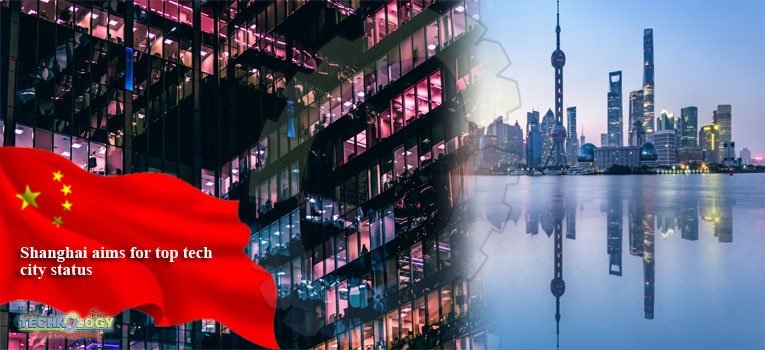Being the nation’s most desirable city for scientists around the world, Shanghai will continue to sharpen its technological innovation ability as it builds a scientific and technological innovation center with global influence, its top official said.

“A global technological innovation center should have the facilities and elements that cities elsewhere do not have,” said Li Qiang, Shanghai’s Party chief, in his keynote speech at the opening ceremony of the Pujiang Innovation Forum on Tuesday.
According to Li, efforts will be made to ensure that the city is equipped with all-around elements for technological innovation including fundamental research and development, top talent, an innovative environment, open and supportive policies and state-of-art infrastructure and facilities.
According to a survey published on Monday, Shanghai is regarded by many as the ideal Chinese city for global scientists.
On the list of 22 global innovative cities, Shanghai was ranked No 16, the nation’s highest ranking, followed by Chinese cities of Beijing, Hong Kong, Shenzhen and Hangzhou.
The top five destinations for attracting scientists are Boston, San Francisco, London, New York and Berlin, in that order.
Technology and talent are crucial to a nation’s competitiveness, and technological innovation is key to China’s high-quality economic growth, said Wang Zhigang, head of the Ministry of Science and Technology.
Wang suggested China focus on fundamental research, enhance efficiency in turning innovation into practice, and create an ecosystem for technological innovation.
The research, which was jointly carried out by the Shanghai Institute for Science of Science and academic publishing company Springer Nature, interviewed 654 scientists around the world to understand their concerns about where to live, work and start their own business.
By analyzing various global cities’ attractiveness to global high-end technological innovation talent, the survey looks to provide an insight for Shanghai into better attracting talent.
A majority of the scientists interviewed take a positive view toward Shanghai’s outlook for becoming a global innovation city, with 24 percent of them believing the city will become a Top 5 city in the coming decade, another 41 percent predicting Shanghai’s ranking for global innovation city will rise to between six and 10 in the coming 10 years and 32 percent thinking Shanghai will have an improved ranking but have little chance to be listed as a Top 10 city.
Despite the improved ranking of Shanghai and China as a whole in global innovation, an incomplete institutional innovation incentive mechanism, insufficient number of high end workers, incapacity for original innovation in fundamental research and core technology and comparatively low efficiency in innovation are urgently in need of reform, said Wang Yiming, vice-president of the Development Research Center of the State Council.
“This year is the 40th anniversary of China’s opening-up, and the best celebration would be further opening-up.”